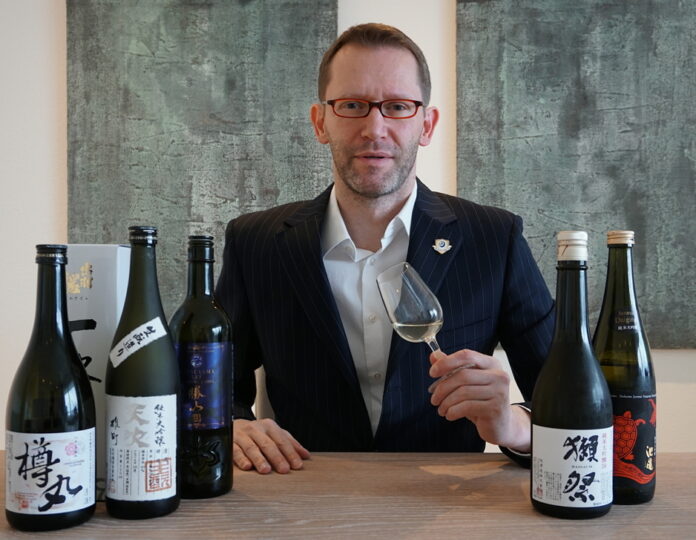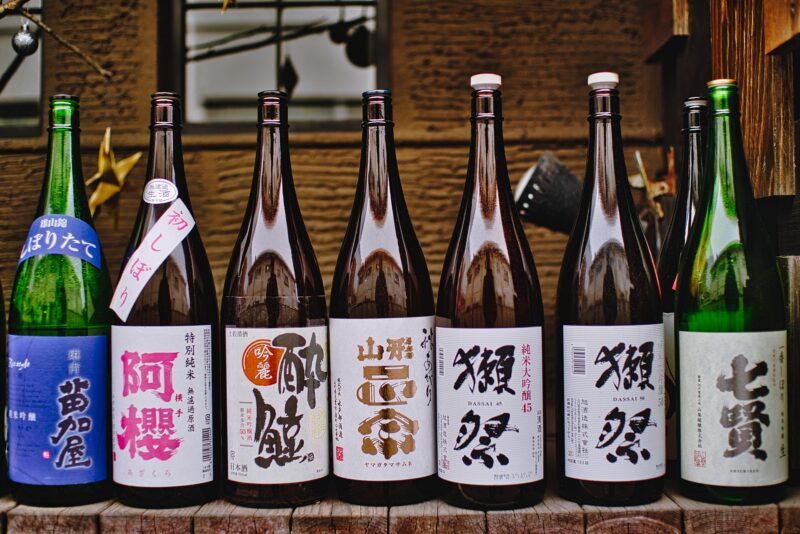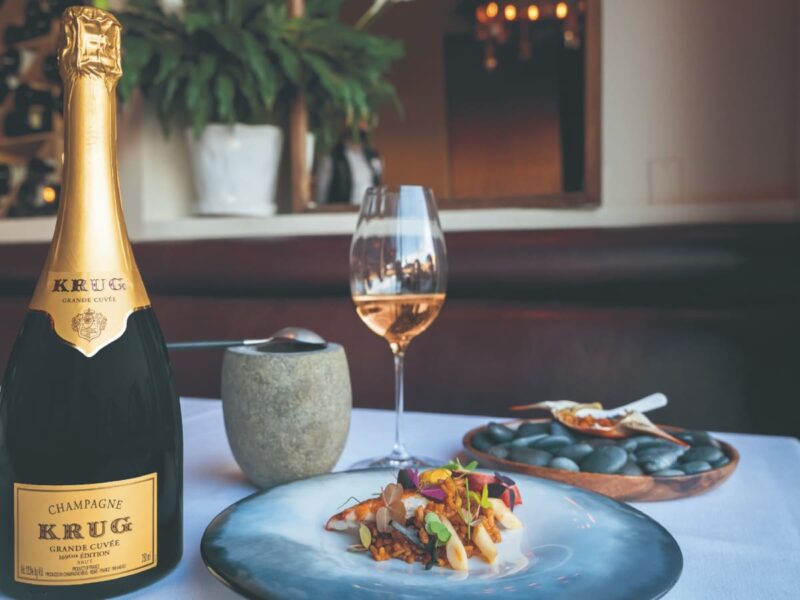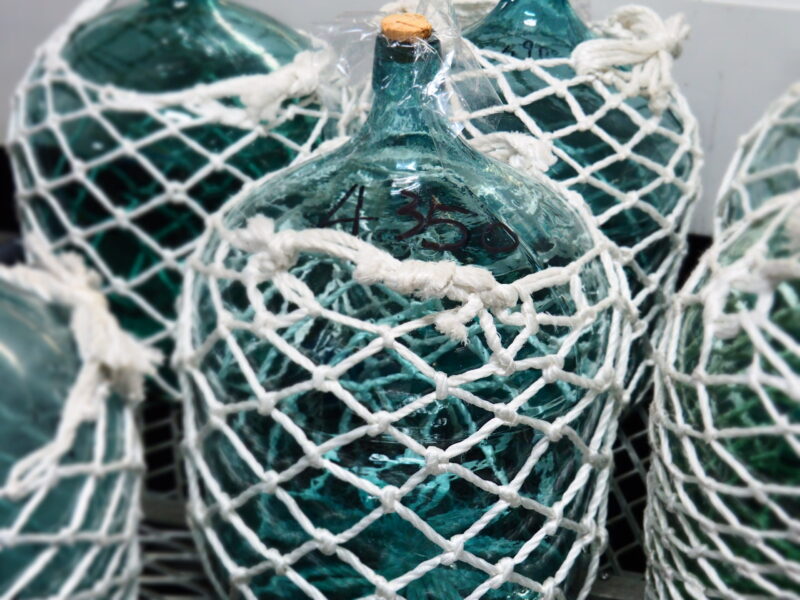
Sake, the iconic Japanese rice wine, has been an integral part of Japanese culture for centuries. But in recent years, its appeal has transcended borders, captivating the global culinary and beverage scene. At the heart of this global sake renaissance lies the role of the sake sommelier. A rice wine sommelier, much like a wine sommelier, is a trained and knowledgeable expert who specializes in all aspects of this unique beverage—from its production and varieties to its service and pairing with food.
The significance of a rice wine sommelier in today’s world cannot be overstated. As sake gains popularity worldwide, there’s a growing demand for professionals who can guide enthusiasts through the intricate world of rice wine. These experts not only contribute to the industry by promoting sake appreciation and education but also play a pivotal role in enhancing the dining experience by recommending the perfect pairings. The rise in sake sommelier certifications and courses is a testament to the growing interest in this field.
Foundation of Sake Knowledge

The journey to becoming a sake sommelier begins with building a robust foundation in sake knowledge. Understanding sake’s rich history is crucial. From its origins in ancient Japan to its evolution over the centuries, the history of rice wine is as rich as its flavor profiles.
The production process of rice wine is an art in itself. It involves multiple steps, including rice polishing, fermentation, and aging, each contributing to the final taste and aroma of the sake. There are also numerous varieties of this drink, from Junmai and Honjozo to Daiginjo, each with its unique characteristics.
A deep understanding of these nuances is what sets a successful rice wine sommelier apart. It’s this knowledge that allows them to recommend the perfect beverage for every palate and occasion.
Formal Sake Education and Certification
While passion and personal experience are vital, formal education provides a structured path to mastering sake. Numerous institutions and organizations offer specialized rice wine courses, ranging from introductory classes to advanced certifications.
Organizations like the Sake Education Council and the WSET (Wine & Spirit Education Trust) provide globally recognized certifications for aspiring rice wine sommeliers. These courses delve deep into the world of rice wine, covering everything from its history and production to tasting techniques and service etiquette.
Developing Palate and Tasting Skills
Tasting is at the core of a sommelier’s expertise. Developing a refined palate allows sommeliers to identify different rice wine profiles, from its aroma and flavor to its texture and finish. Regular practice is key. Blind tastings, where the identity of the sake is unknown, are particularly effective in honing one’s tasting skills.
Detecting subtle aromas, discerning flavor nuances, and understanding the balance between sweetness, acidity, and umami are essential skills. Over time, a sommelier can even identify the type of rice used, the brewing method, and sometimes even the region where the rice wine was produced.
Rice wine and Food Pairing Mastery

One of the primary roles of a sake sommelier is to recommend rice wine and food pairings that elevate the dining experience. Sake’s versatility makes it a perfect companion for a wide range of dishes, from traditional Japanese cuisine to contemporary global dishes.
Understanding the balance of flavors is crucial. For instance, a rich and umami-laden Junmai might pair beautifully with grilled meats, while a light and fruity Daiginjo could complement delicate dishes like sashimi. The goal is to either complement or contrast the flavors, ensuring that neither the food nor the rice wine overshadows the other.
Sourcing and Selecting
A sake sommelier’s expertise isn’t just limited to tasting and pairing. They also play a crucial role in sourcing and selecting the best rice wines for their establishment. This involves understanding rice wine labels, recognizing reputable breweries, and being aware of the different sake-producing regions in Japan.
Building a diverse rice wine collection that caters to different preferences, from novices to seasoned enthusiasts, is essential. Whether it’s a rare, limited-edition bottle or a popular, easily accessible brand, a sommelier’s selection can significantly influence a patron’s rice wine experience.
Cultivating Rice wine Culture Awareness
Sake is more than just a beverage; it’s a reflection of Japanese culture, traditions, and customs. For a sake sommelier, understanding the cultural context of this beverage is as important as knowing its flavor profiles. This includes being aware of traditional rice wine ceremonies, the symbolism associated with rice wine, and the customs surrounding its consumption.
A deep appreciation for sake culture not only enhances a sommelier’s expertise but also allows them to offer a more authentic and enriching experience to patrons.
Mastering Sake Service

Serving sake is an art. From selecting the right glassware and maintaining the perfect temperature to understanding pouring etiquette, a rice wine sommelier ensures that every sip is a memorable experience. The temperature at which sake is served can significantly influence its aroma and flavor. While some drinks are best enjoyed chilled, others might reveal their full character when served slightly warm.
Staying Updated with Industry Trends
The sake industry, like any other, is dynamic. New brewing techniques, emerging rice wine regions, and evolving consumer preferences mean that there’s always something new to learn. Attending industry events, workshops, and networking with fellow professionals are essential for staying updated.
Building Personal Sake Portfolio
Every sake sommelier should have a personal portfolio—a curated collection of their favorite rice wines, detailed tasting notes, and pairing recommendations. This portfolio is not just a reflection of their personal preferences but also a valuable resource for professional recommendations.
Effective Communication Skills

Being knowledgeable is one thing, but conveying that knowledge in an engaging and approachable manner is another. Effective communication is crucial. Whether it’s explaining the nuances of a particular rice wine to a curious patron or discussing tasting notes with colleagues, a sommelier’s ability to communicate sets them apart.
Cultivating a Passion for Sake
The journey to becoming a sake sommelier is one of passion and dedication. It’s about continuously nurturing a love for rice wine, exploring its myriad facets, and sharing that passion with others. For those embarking on this journey, the world of sake offers endless possibilities and rewards.



















